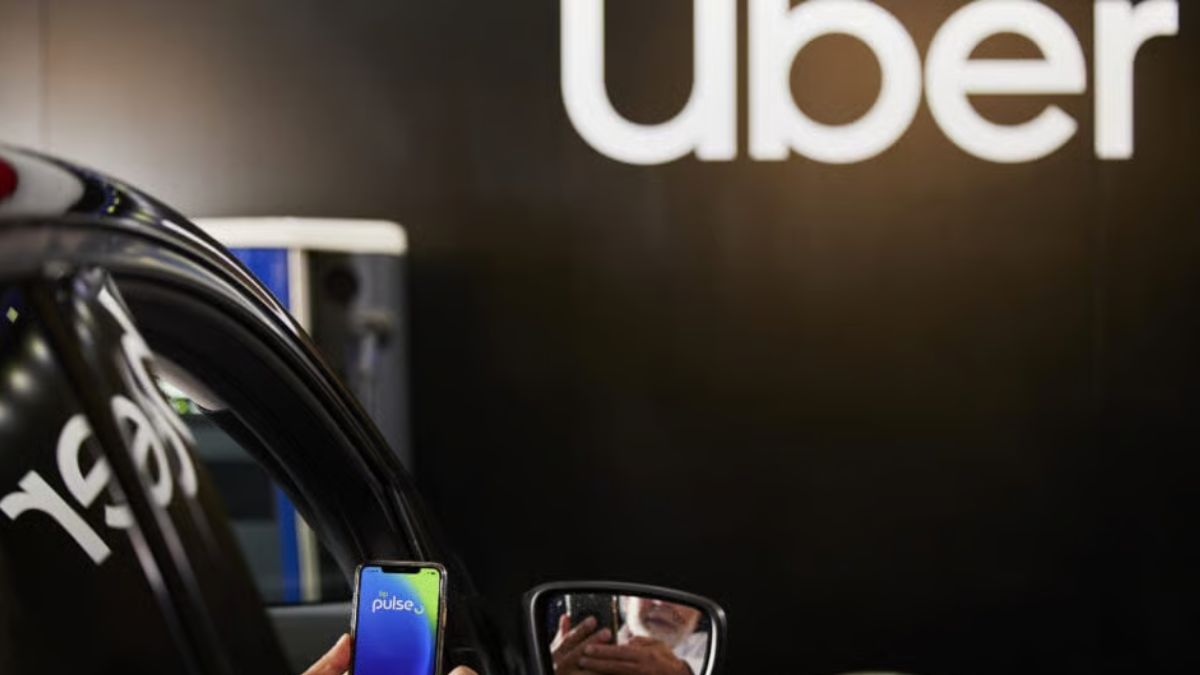'Disciplined operation': Uber ramps up India services despite bike taxi bans, regulatory hurdles
 CCPA issues notice to Uber in India | Uber
CCPA issues notice to Uber in India | Uber
It has been a rough ride for bike taxis of late. Karnataka, for instance, has banned bike taxis altogether. In Mumbai, earlier this month, transport minister Pratap Sarnaik exposed Rapido bike taxis operating illegally in the city, since no official permission had been given yet for the same.
Prabhjeet Singh, president of Uber India & South Asia says that bike taxis (or Uber Moto as its offering is called) were among the fastest growing categories on its platform. Uber operates Uber Moto services in over 80 cities and towns, and is also engaging with government officials in various states so that these services can get approvals to operate in more cities.
ALSO READ | Karnataka bike taxi ban means cab aggregators and auto drivers to dictate fare, Bengalureans worry
"There are certain locations right now where regulations have not yet evolved. We are working with state governments across the country where there are questions, helping them understand, educating them on the safety features which are brought in for Uber Moto. We are very bullish about the potential of Uber bikes in India," said Singh.
He was speaking on the sidelines of a conference where Uber launched a slew of features to enhance the experience on the ride hailing platform in India.
Uber is also in talks with state governments for expanding its shuttle bus service, which is currently operating in Delhi and Kolkata. It has piloted Uber Shuttle in Mumbai too.
"It is live and already a licensed product in Delhi. It is also operating in Kolkata as an MOU with the state government and in other markets we continue to engage with the different states to bring the product and service because many consumers want that experience," said Singh.
The ride hailing app currently offers various services across 125 cities and towns in India, with 14 lakh earners on its platform—up from 10 lakh a year ago.
"We recognise that the only way for us to grow and bring the best services is collaborating. Giving regulatory predictability for different services. So for the new products and services, for example, two wheelers or shuttles, which are new to the market, we explain to regulators the benefits, feedback from consumers, feedback in other cities where that product is live...," Singh explained.
ALSO READ | Say goodbye to 3x surge pricing and ride cancellations as Centre announces new guidelines for cab aggregators
Uber is currently piloting a feature in 10 cities in the country called Wait and Serve, targeting those users who have a flexible schedule. The fares here will be lower, but the wait time for the ride will be slightly longer.
Riders will also soon be able to lock in fares for their most frequent routes by paying a small upfront fee. This will insulate riders against dynamic fares during peak hours or heavy traffic. Uber plans to launch this feature in December this year.
The company is also working on simplifying the app experience for senior citizens, and has also started a airport priority access service, where riders can get an Uber directly from the terminal. This feature is currently live in Pune and Hyderabad and will soon be launched in Mumbai.
A dedicated option for riders travelling with pet cats and dogs will also now be available on Uber on reserve-only rides. This service is currently available in Delhi, Mumbai and Bengaluru.
Uber is also expanding its courier service, which until now was capped at 5kg. With Courier XL, one will now be able to send large and heavy parcels up to 750kg, including furniture appliances and bulk deliveries.
ALSO READ | Last mile connectivity is India’s latest digital ‘holy grail’, as Rapido also jumps into the fray
According to Singh, a large percentage of its products available in India are profitable, although the company doesn't share product-level numbers.
'I believe a disciplined operation which we run allows us to grow certain categories, be able to still reinvest in categories which are future markets," he said.
Business